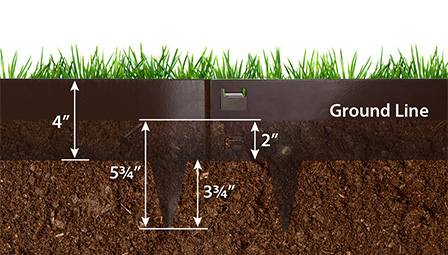field wire fencing
Set . 21, 2024 23:49
Field Wire Fencing A Comprehensive Guide
Field wire fencing, also known as agricultural wire fencing, is an essential component of modern farming and land management. This type of fencing is designed to secure livestock, delineate property boundaries, and manage crop protection. With its versatility and durability, it serves various purposes across agricultural settings, making it a staple for farmers and landowners alike.
Advantages of Field Wire Fencing
One of the primary benefits of field wire fencing is its strength. Constructed from high-tensile steel, it can withstand harsh weather conditions and the wear and tear caused by animals. This durability ensures that it remains intact for years, providing a cost-effective solution for landowners. Additionally, field wire fencing is typically much more affordable than traditional wooden fences or metal panels, making it an economical choice for large areas.
Another significant advantage is the ease of installation. Field wire fencing can be installed quickly with the right tools, usually consisting of fence posts, wire, and clips. This efficiency allows farmers to set up their fencing without hiring external labor, thus saving on costs. The modular nature of this fencing type means that it can easily be adapted or extended to fit changing needs.
Types of Field Wire Fencing
field wire fencing

Field wire fencing comes in various configurations and styles. The most common types include barbed wire and woven wire fencing. Barbed wire fencing is popular for enclosing larger livestock, such as cattle and horses, as the barbs deter animals from pushing against the fence. In contrast, woven wire fencing is better suited for smaller animals like sheep and goats. It provides a secure barrier that prevents them from escaping while also keeping predators at bay.
Electric wire fencing is another option that has gained popularity in recent years. It functions by delivering a mild shock when animals make contact with the wire, serving as a psychological barrier. This option is often used for rotational grazing systems, where animals are moved between pastures, as it offers flexibility without the need for permanent fencing.
Maintenance and Upkeep
While field wire fencing is designed to be durable, regular maintenance is crucial. Inspecting the fencing for damage, such as rust, loose wires, or wear, should be part of routine farm management. Prompt repairs ensure that the fence remains effective, preventing livestock from escaping and protecting crops from wildlife.
Conclusion
Field wire fencing is an invaluable resource for anyone managing agricultural land. Its strength, cost-effectiveness, and ease of installation make it the preferred choice for many farmers. With various types available, landowners can select the best option to meet their specific needs. By investing in quality fencing and maintaining it properly, farmers can ensure the safety and security of their livestock and crops, ultimately leading to a more productive agricultural operation.




















